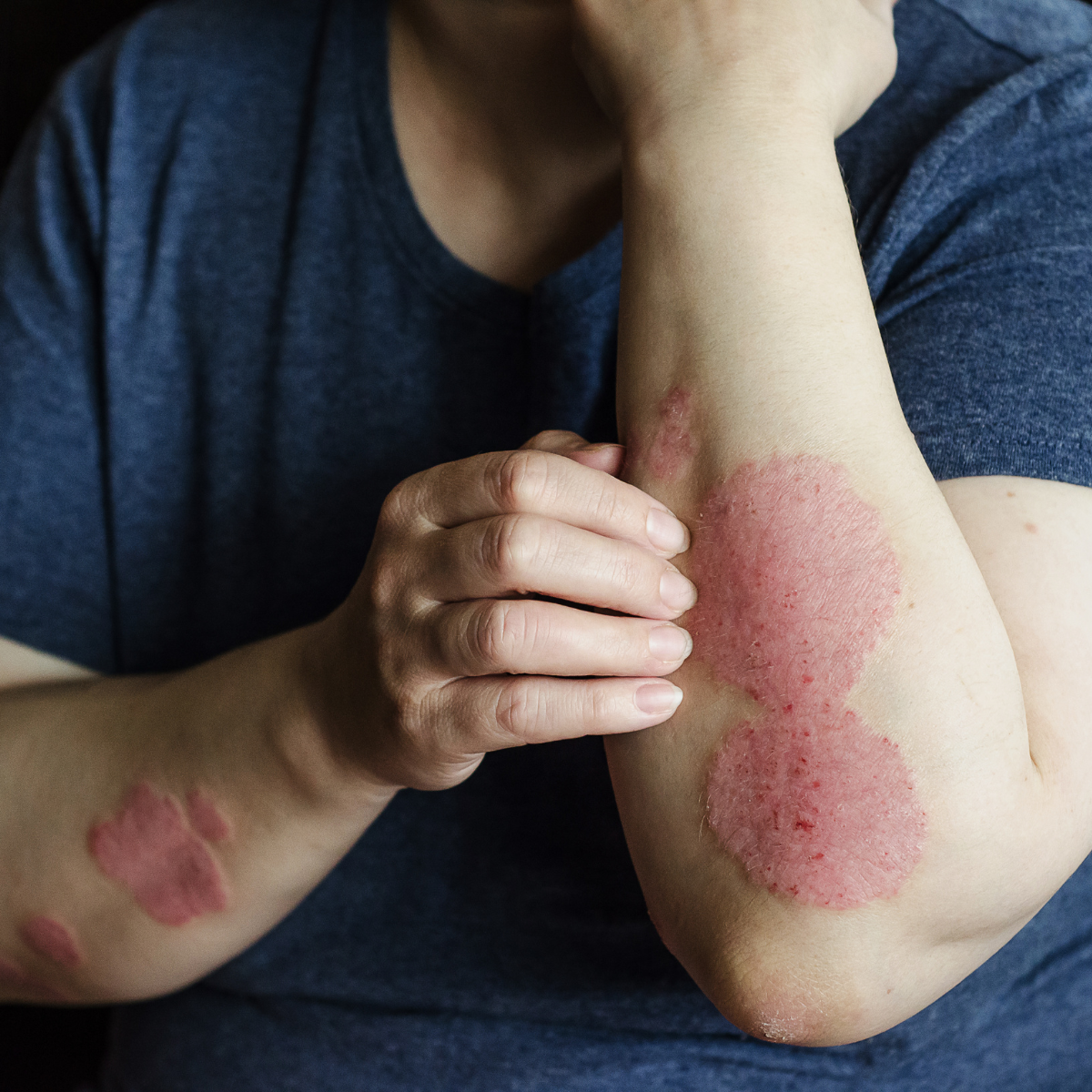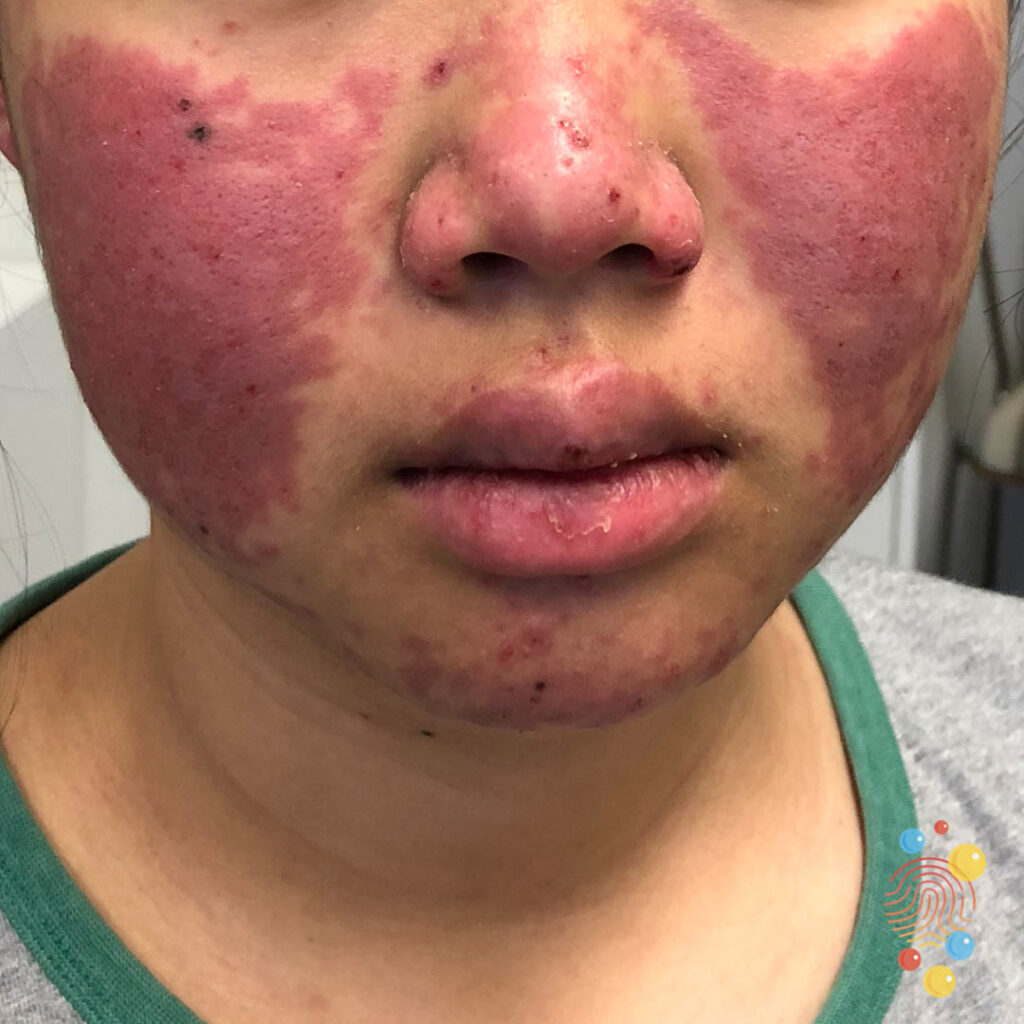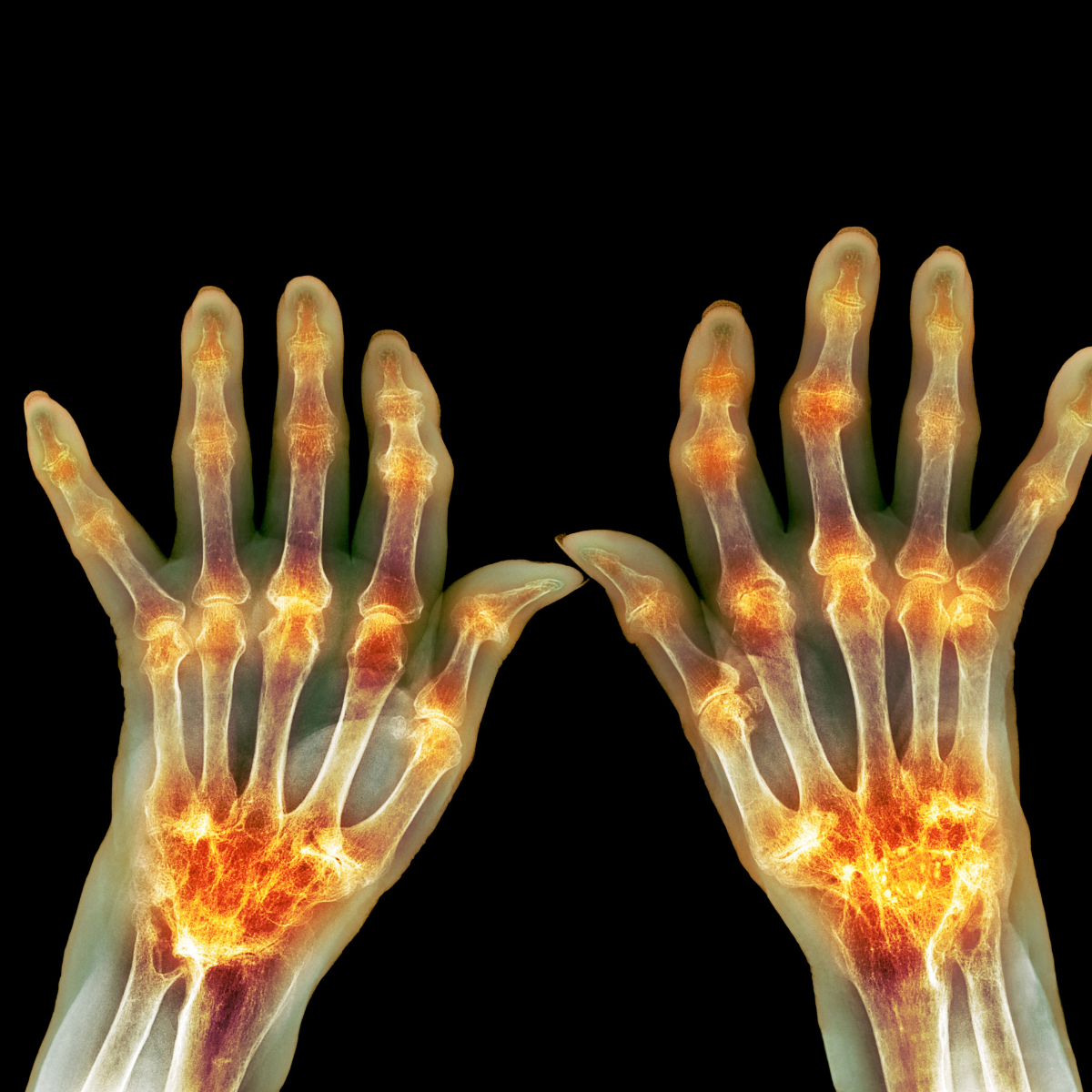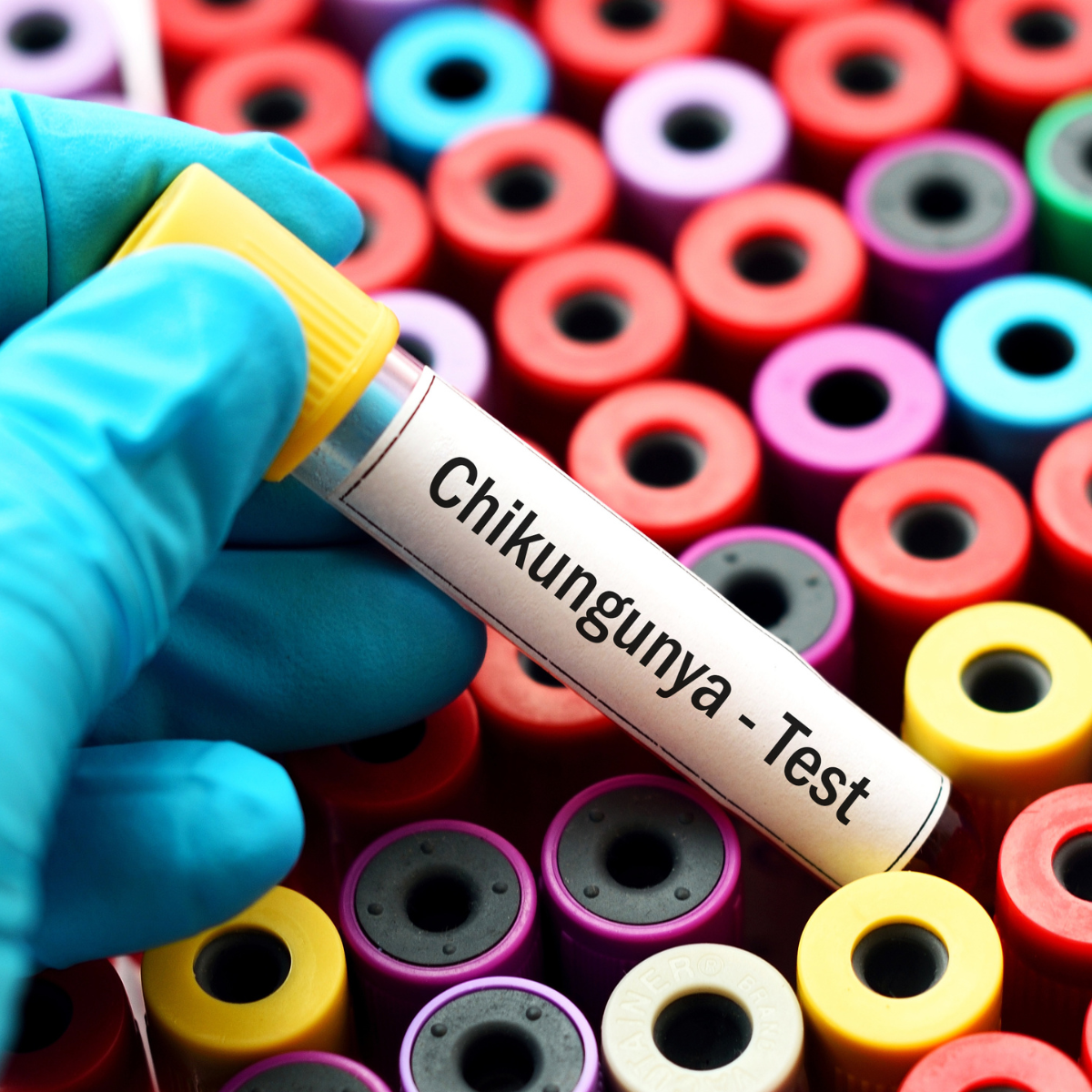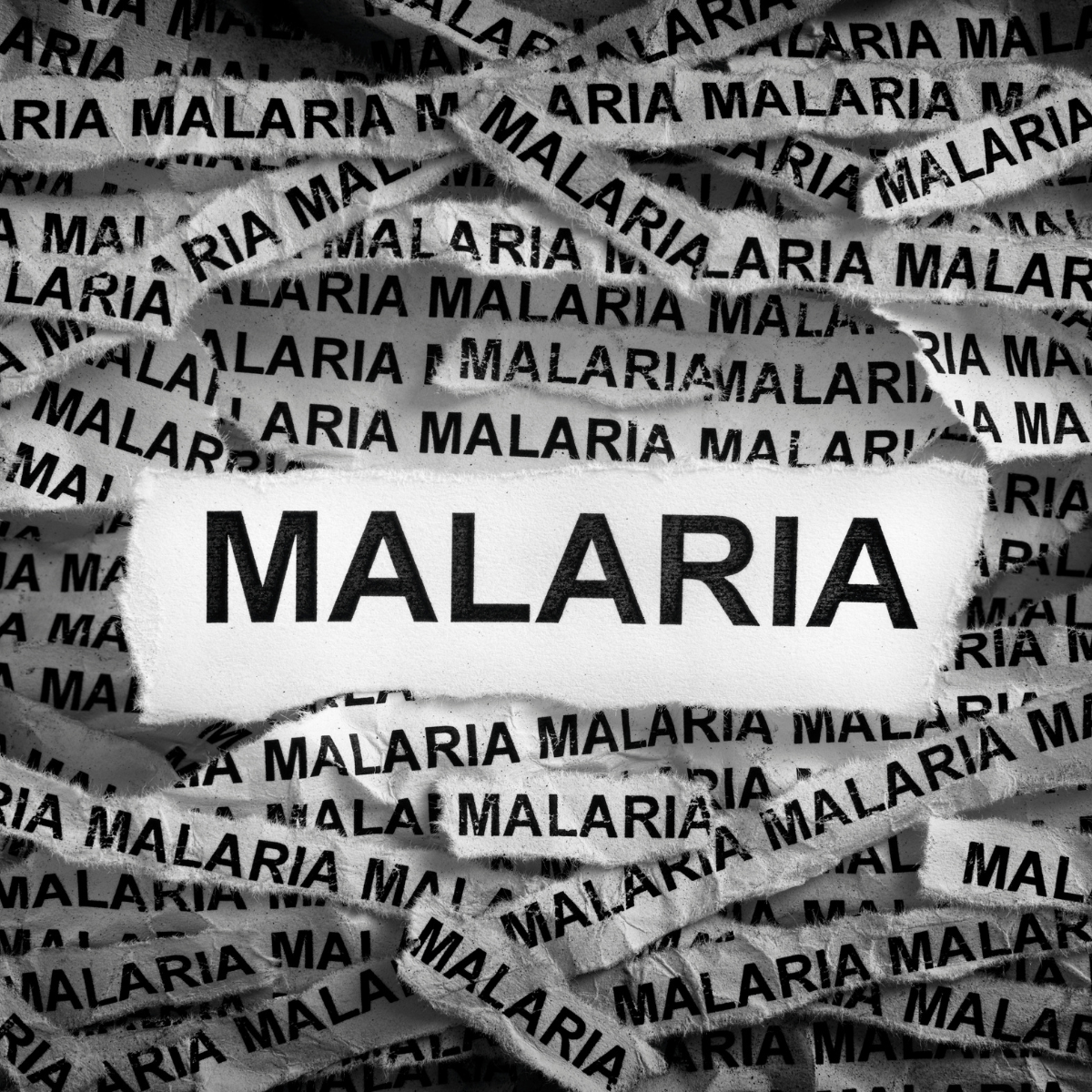
Malaria
🦠 What Is Malaria & What’s Happening Inside the Body?
Malaria is a parasite-induced illness, spread by the bite of the female Anopheles mosquito. Once bitten, the Plasmodium parasite enters your bloodstream and attacks your red blood cells (RBCs). This causes fever, chills, and severe fatigue as the infected RBCs burst and release toxins into the body.
There are different types of Plasmodium—falciparum, vivax, malariae, and ovale—with falciparum being the most dangerous.
🔍 Root Causes
-
Bite from infected Anopheles mosquito (usually at night)
-
Poor sanitation or uncovered stagnant water
-
Low immunity in high-risk areas
📊 How Common Is It?
India sees thousands of malaria cases yearly, especially during monsoon. Children, elderly, and pregnant women are more at risk in endemic zones.
🚨 Signs & Symptoms
-
Recurrent high fever (often comes in cycles)
-
Chills and shivering
-
Sweating after fever breaks
-
Headache and muscle aches
-
Nausea, vomiting, or diarrhea
-
Fatigue and weakness
-
In severe cases: jaundice, seizures, or low consciousness
📝 Subjective: Some may confuse early symptoms with viral flu or food poisoning—timely testing is key.
🥗 Nutrition During Malaria
Malaria can cause loss of appetite, weakness, and RBC destruction, leading to anemia. Your body needs nutrient-dense, hydrating foods to rebuild blood, boost energy, and support immunity.
🧂 Core Dietary Focus
-
Blood building: Iron, folate, B12
-
High energy: Extra calories to fight fatigue
-
Protein: For tissue repair and immunity
-
Hydration: To reduce toxin buildup and fever effect
✅ What to Eat:
-
Soft, high-protein meals: khichdi with moong dal, egg curry with rice, paneer bhurji with roti
-
Soups and porridges with vegetables
-
Coconut water, lime water, buttermilk
-
Fruit juices (without added sugar): pomegranate, orange, watermelon
-
Iron-rich foods: spinach, beetroot, dates, jaggery, cooked greens
If appetite is low, give small, frequent meals with light texture—soups, mashed foods, smoothies.
⚠️ What to Limit:
-
Fried, oily food
-
Junk and processed food
-
Excess tea/coffee (reduce iron absorption)
-
Raw salads (in case of digestive weakness)
❌ Myth: Fever means you shouldn’t eat. Actually, your body needs more nutrition to fight infection.
💊 Key Nutrients to Focus On
-
Iron: Replaces RBCs destroyed by malaria
-
Folic acid & Vitamin B12: Support new blood formation
-
Protein: Helps repair tissues damaged by fever
-
Vitamin C: Boosts iron absorption and immunity
-
Electrolytes: Replenish losses from sweating and vomiting
🌿 Lifestyle Recommendations
🛏️ Rest & Recovery:
-
Strict bed rest during acute phase
-
Sleep 8–10 hours + naps as needed
💧 Hydration:
-
At least 3 liters/day
-
ORS, coconut water, soups to maintain fluids
🌬️ Light Environment:
-
Cool, well-ventilated room
-
Avoid mosquito bites using nets, coils, repellents
🩺 Lab Markers:
-
Peripheral blood smear: Confirms parasite
-
Hemoglobin levels: To detect anemia
-
Liver and kidney function tests (in severe cases)
🔁 Body Signals:
-
Frequency of fever spikes
-
Urine color and output
-
Dizziness, weakness, or palpitations
📞 Take the Next Step
If you're recovering from Malaria or caring for someone who is, don't wait till weakness worsens. A diet plan personalized to your body can help you bounce back faster.
📝 Book a consultation with a nutritionist to create a plan for energy, immunity, and recovery—tailored to your needs.
📅Click here to Book your free 30-minute consultation








